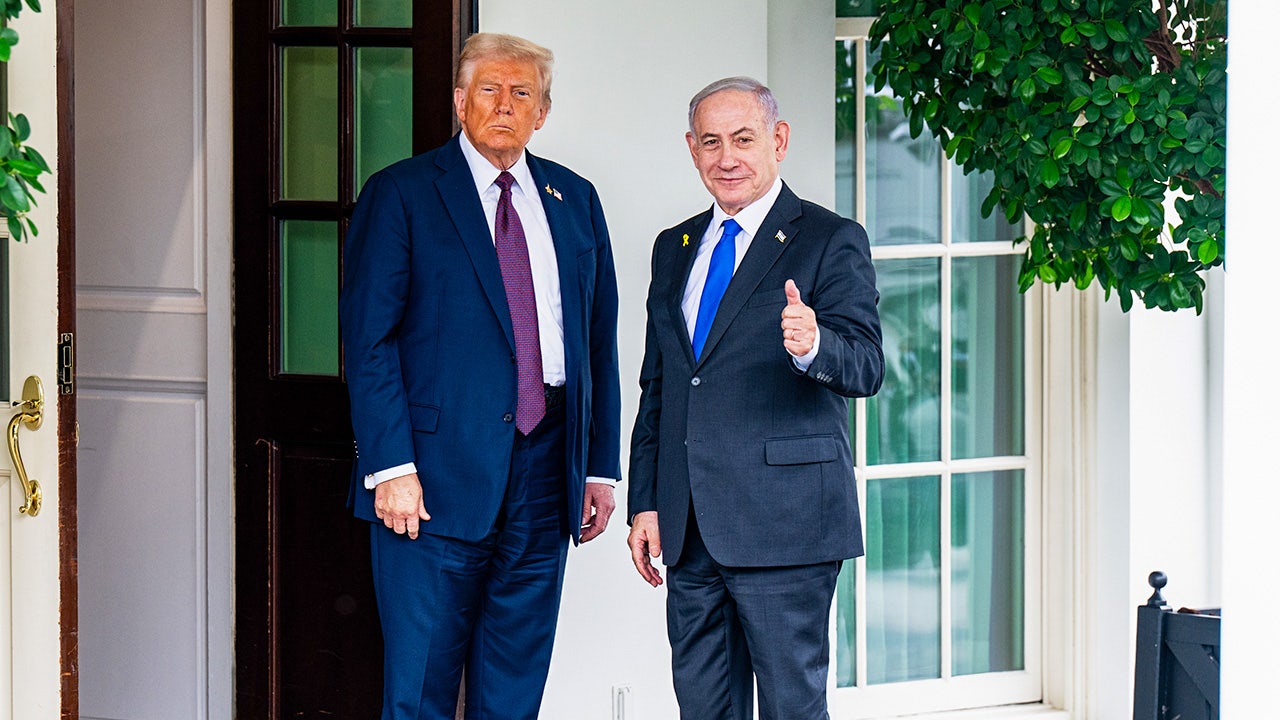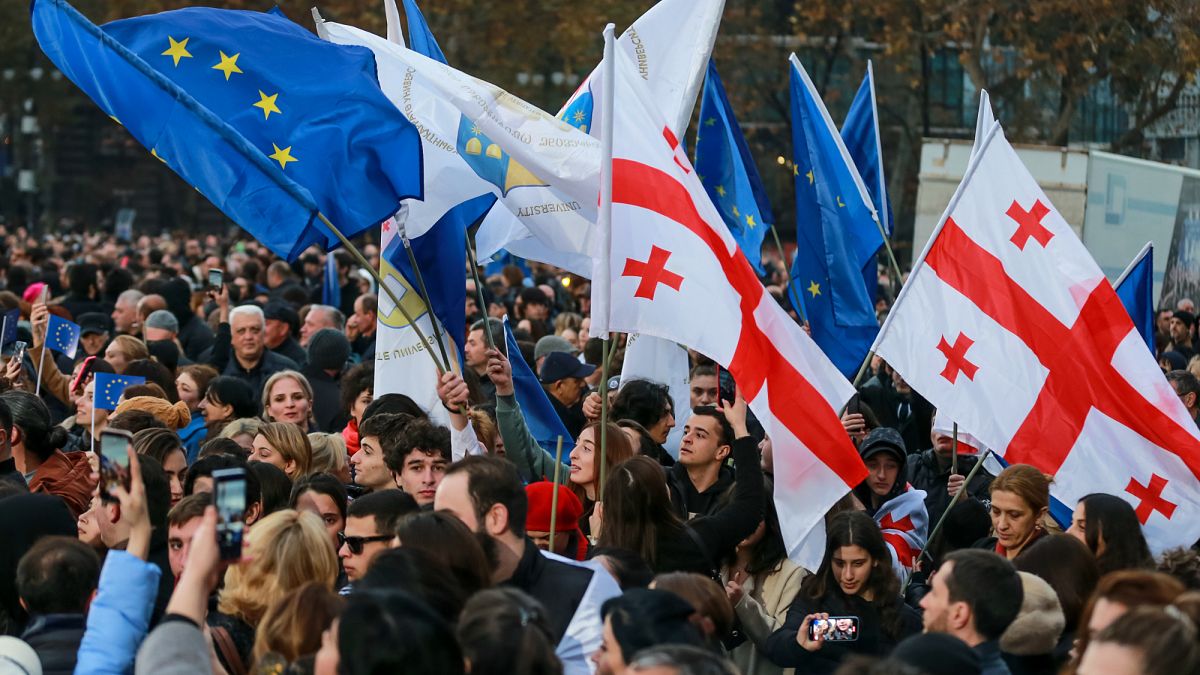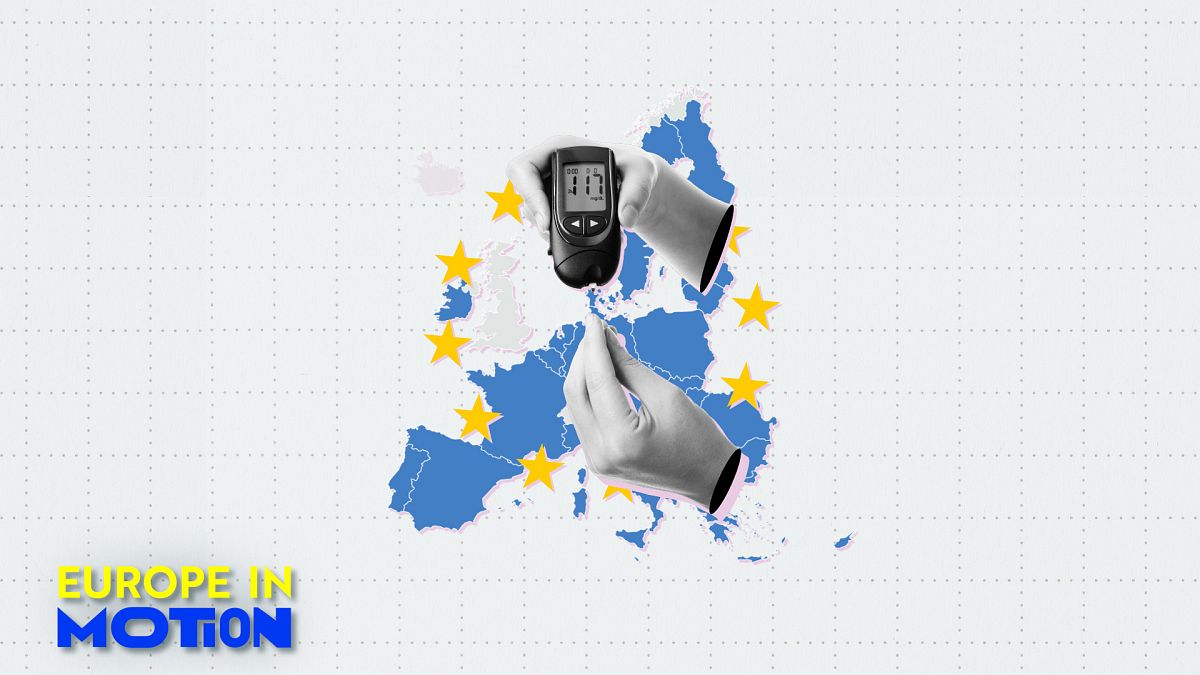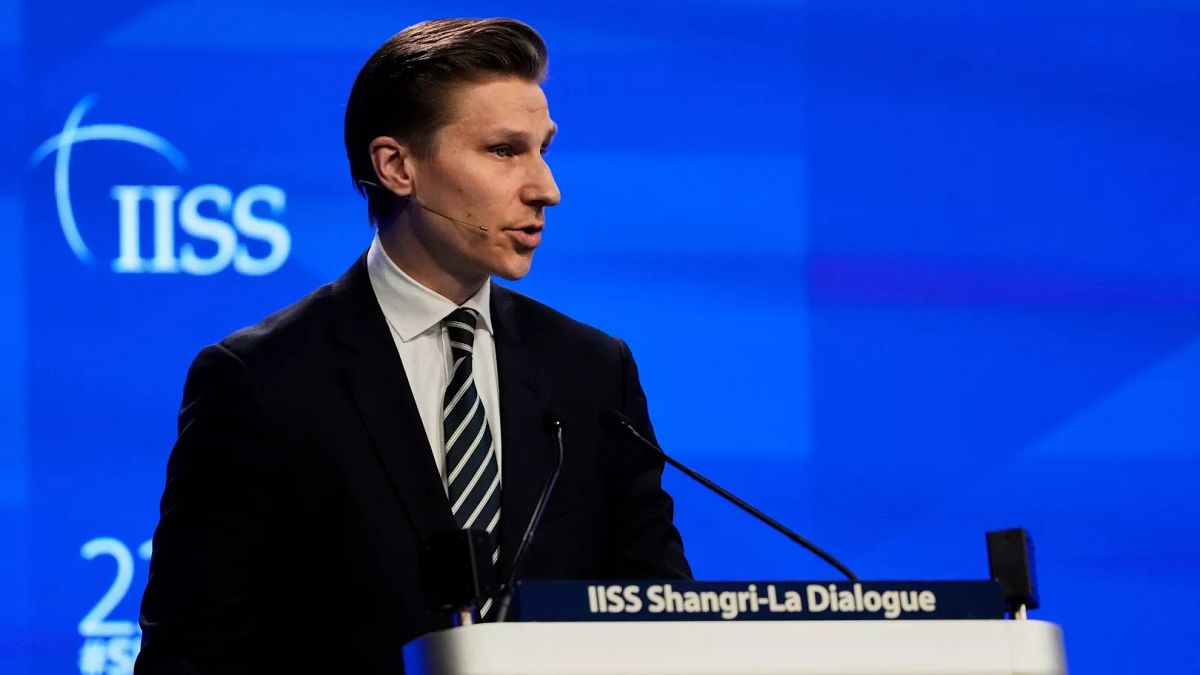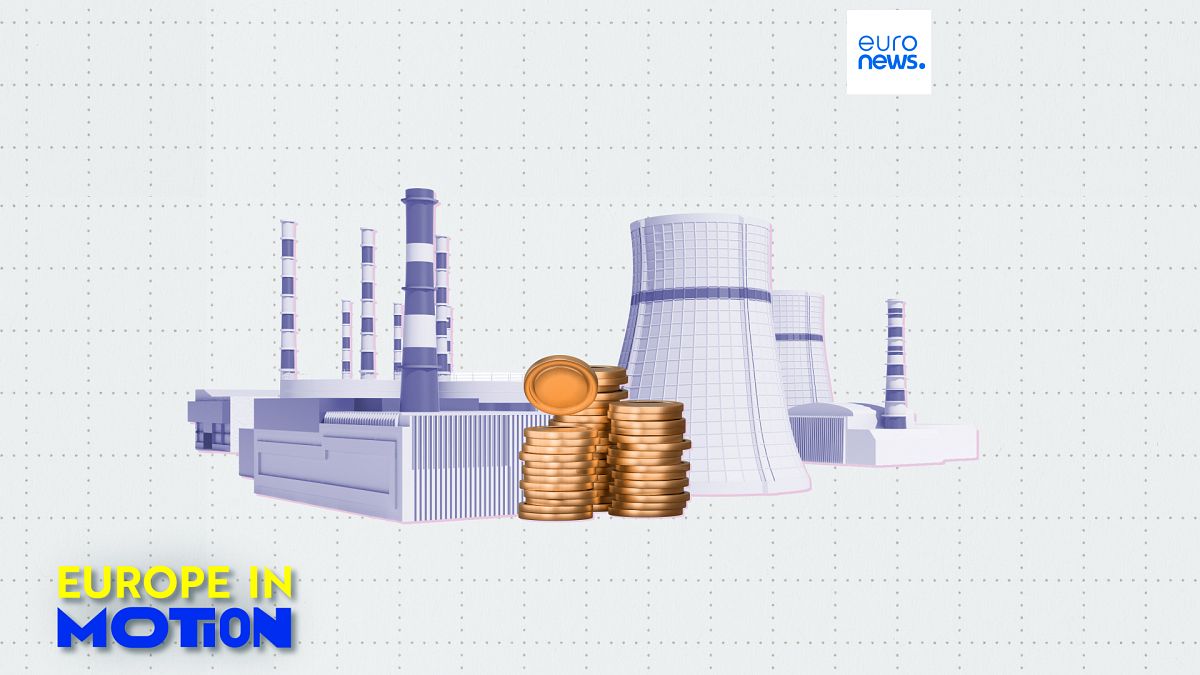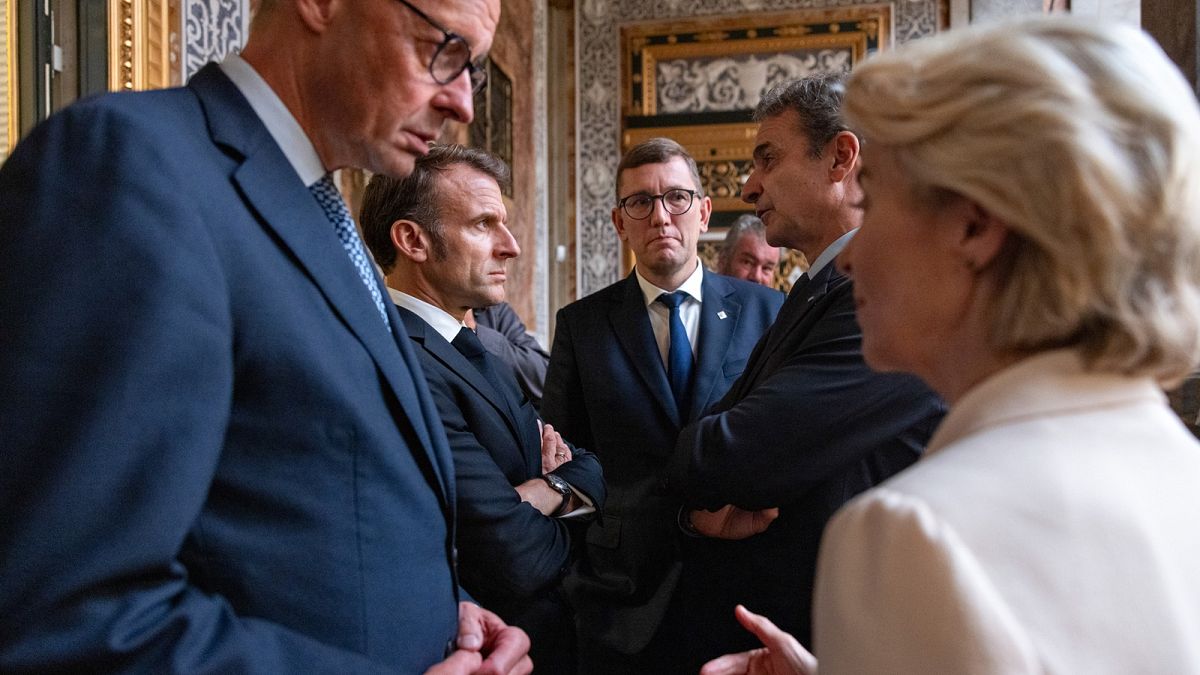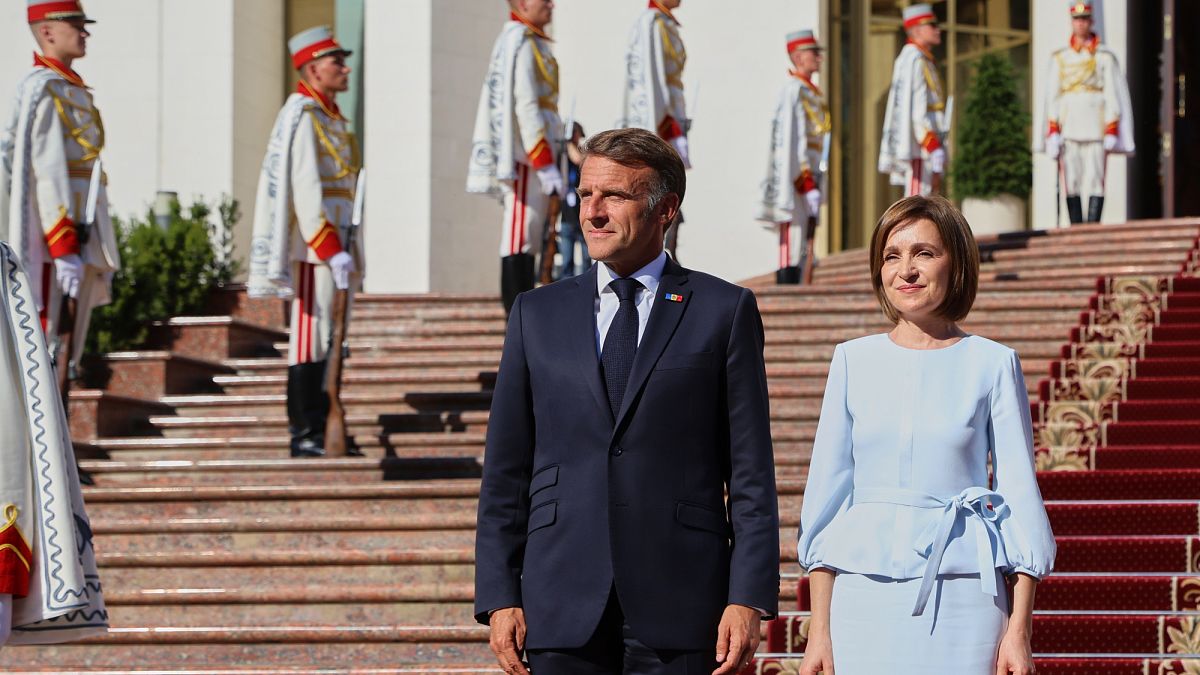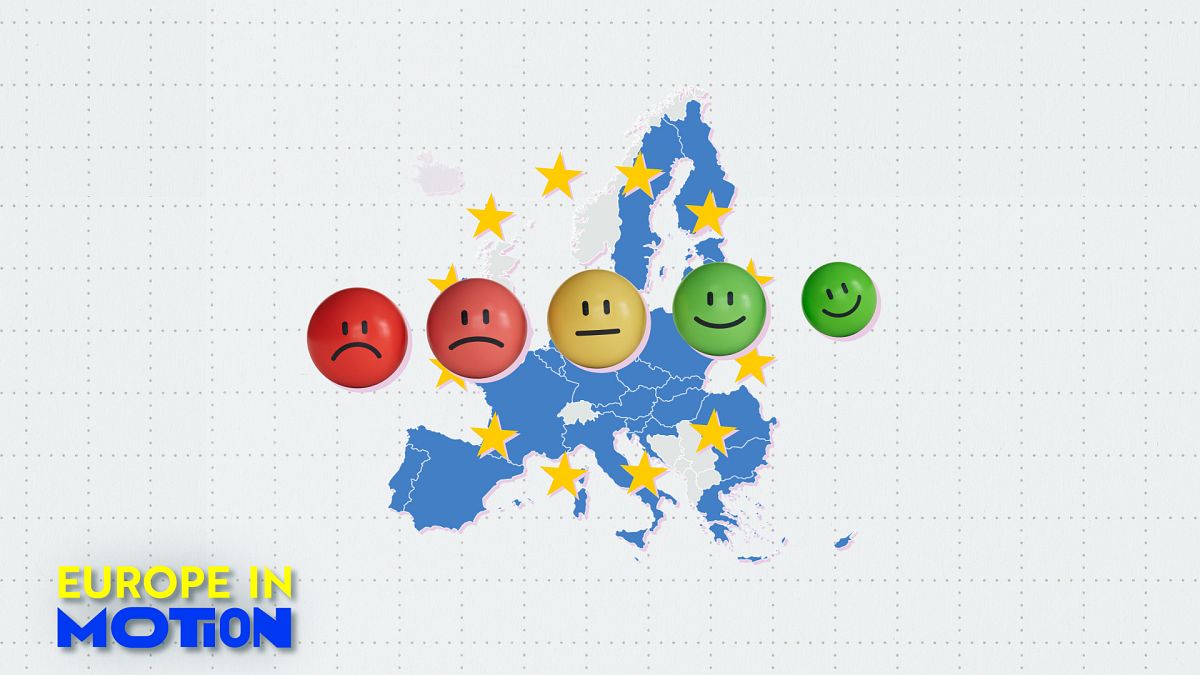Published on
•Updated
ADVERTISEMENT
EU energy chief Dan Jorgensen is confident that a deal to end Russian energy from entering the bloc by 2027 will happen “quite soon”, the Danish Commissioner told reporters, as the bloc faces pressure from the US to wean off liquified natural gas (LNG) imports from Moscow.
The commitment comes amid an increase of diplomatic coordination between Brussels and Washington in the context of the negotiations to end the war in Ukraine.
Jorgensen addressed reporters in front of the European Commission’s headquarters after a meeting on Thursday with US Energy Secretary Chris Wright, where the duo discussed strategies to phase out Russian energy imports, particularly LNG, to reduce Europe’s dependency and support Ukraine.
The official encounter follows the EU-US trade deal agreed in July, in which the EU agreed to buy $750bn of US energy products over three years, roughly $250bn per year. The transatlantic deal is also pressuring the EU to act quickly on ending Russian energy imports so the bloc can focus instead on striking new contracts with US companies.
Shortly before the adoption of the EU-US trade deal, the Commission presented a legislative proposal to end dependency on Russian energy, covering gas, oil, and nuclear, which sits now with EU countries.
“We need more pressure on Russia to come to the negotiating table. We need more sanctions. We are particularly looking at phasing out Russian fossil fuels faster, the shadow fleet and third countries,” Commission President Ursula von der Leyen said during her speech on the State of the EU on Wednesday.
The proposal aims to ban new contracts as of January 2026, short-term contracts by June 2026 and long-term contracts by the end of 2027. For landlocked countries tied to long-term contracts, an extension until the end of 2027 is foreseen. Member states like Austria, Hungary and Slovakia are opposing the ban due to their energy dependency on Moscow.
“For that to be able to happen [ditch Russian energy] in a way that doesn’t lead to increase in prices and security of supply problems in Europe, we need help from our American friends. We need to import more LNG from the US,” Jorgensen told reporters.
The EU energy chief recognised the divergent approaches that Washington and Brussels share on the role of renewables but said the parties have “a lot of things in common” and can collaborate in areas that benefit Europe.
Julian Popov, former Bulgarian environment minister and Senior Fellow at Strategic Perspectives, said the moral thing for the EU to do is to break gas ties with Russia but this decision “must not translate into a simple swap for US LNG”.
“LNG is a globally traded commodity, while Europe’s gas demand is falling. The real replacement for Russian gas lies in renewables and energy efficiency,” said Popov.
Climate pledges at risk?
Jorgensen was asked whether the EU would concede into reviewing some green laws — like the EU Methane Regulation or the Carbon Border Adjustment Mechanism — to mollify the US.
“The methane rules in Europe are rules that don’t serve to annoy or even prevent us from importing the energy we want. I said very clearly to Secretary Wright that we have our legislation, and we will not withdraw that,” Jorgensen said.
German lawmaker Jutta Paulus, who served as the leading negotiator in the European Parliament for the methane law, regretted the “deplorable stance” of the EU executive in relation to “US blackmail”.
“I am highly worried that they [Commission] will be ready to give up EU regulations in the energy sector, namely the Methane Regulation. If US fracking companies get exemptions, all other importers will claim the same and the regulation will become toothless,” Paulus told Euronews.
Ahead of today’s talks, 14 NGOs – including Climate Action Network (CAN) Europe, Clean Air Task Force (CATF) and think tank Ember – issued a joint letter on Wednesday urging the Commission to defend the EU Methane Regulation and its Import Standard.


